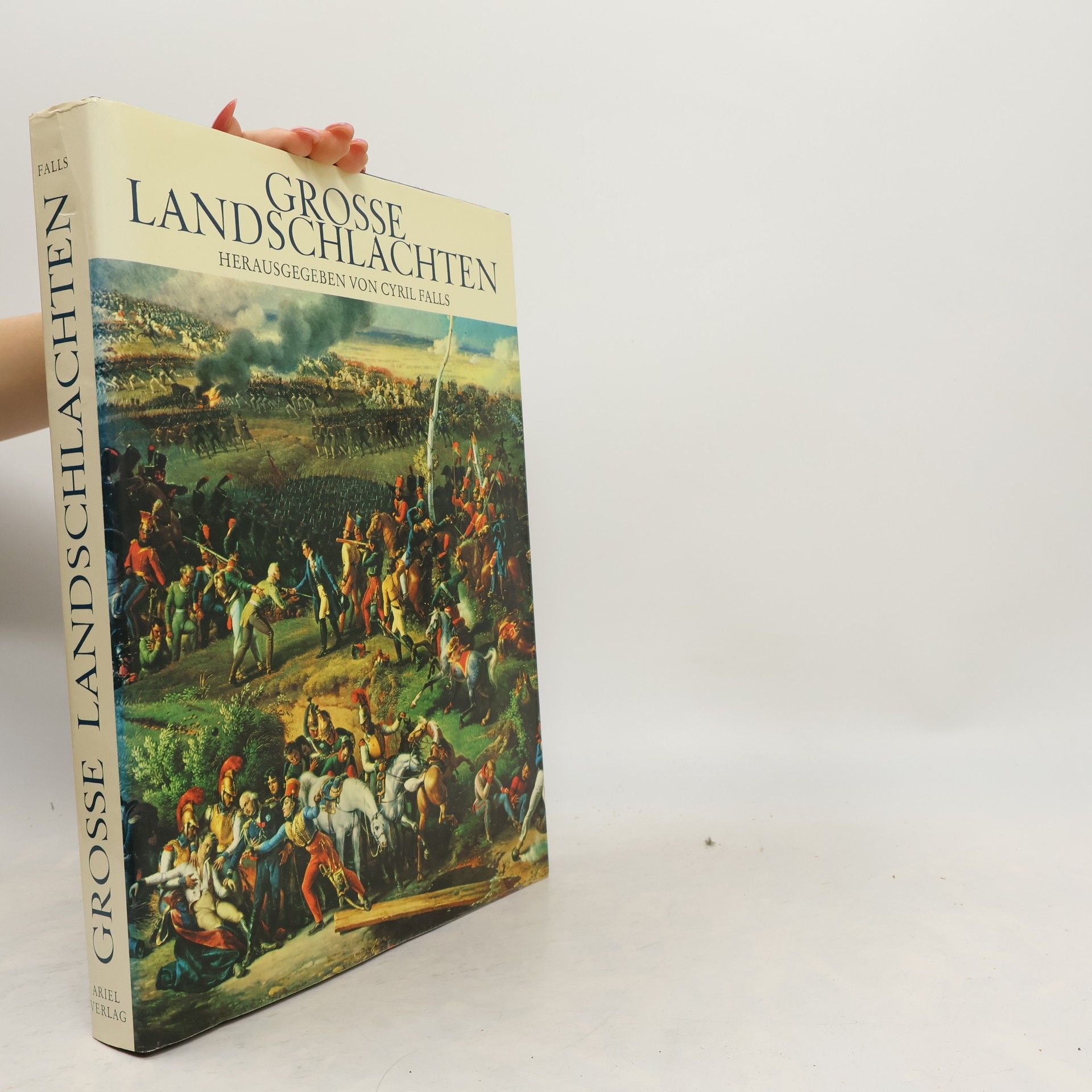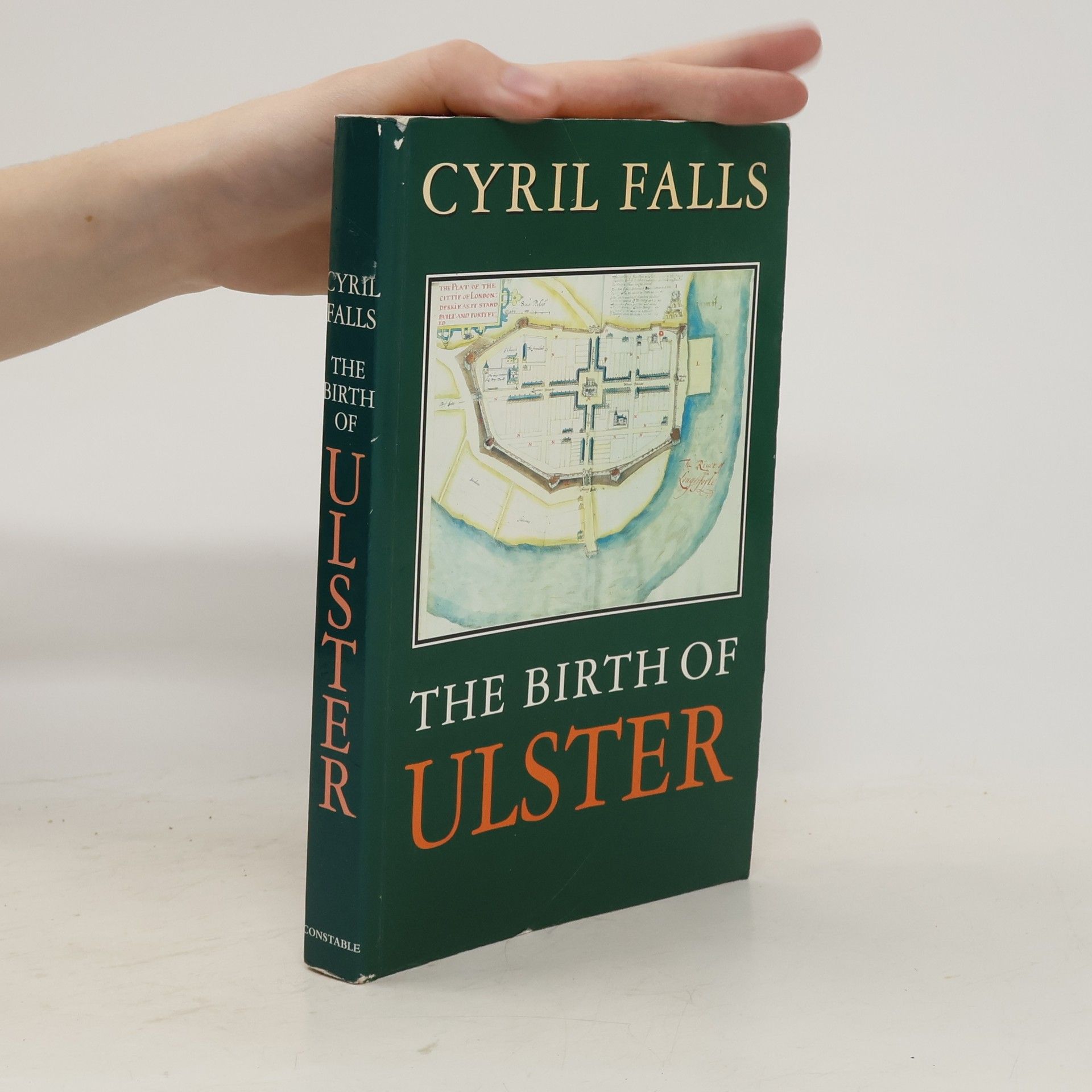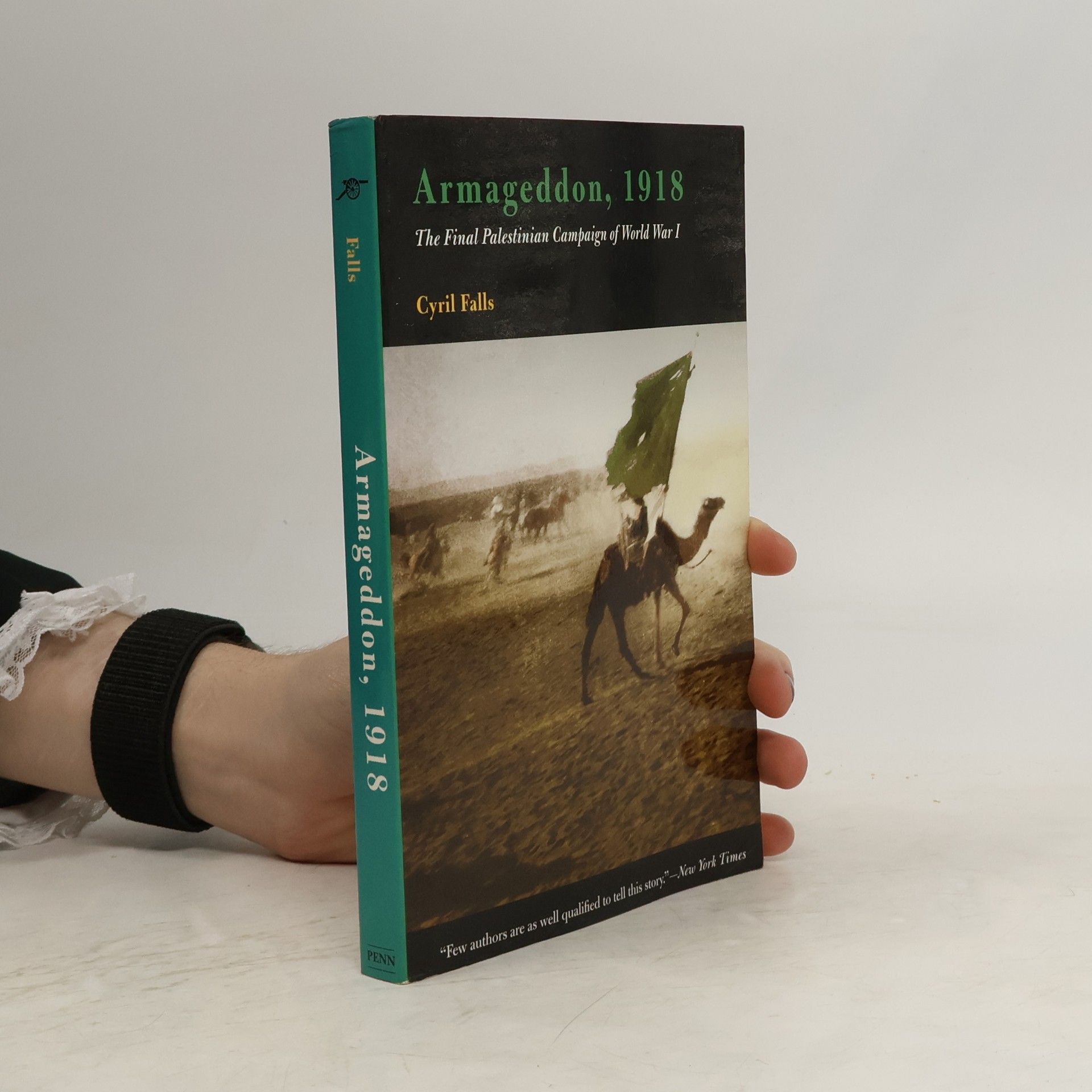The narrative centers on the strategic importance of the Suez Canal during World War I, highlighting Britain's urgent efforts to maintain control over this vital route connecting to its eastern colonies. The conflict escalates when Turkey, aligned with Germany, attacks the canal, prompting Britain to declare war and launch an offensive against Ottoman forces. With support from Arab groups, British troops advance through Palestine, Jordan, and Syria, ultimately leading to Turkey's defeat in October 1918.
Cyril Bentham Falls Libros
Cyril Bentham Falls fue un historiador militar y periodista británico cuyo trabajo se centró en el análisis de conflictos militares y su impacto. Su escritura se caracteriza por una profunda comprensión de la táctica y la estrategia militar, junto con la habilidad de situar los eventos bélicos en un contexto histórico más amplio. Falls profundizó en las historias de unidades militares y en la creación de historias de guerra oficiales, ofreciendo valiosas perspectivas sobre momentos cruciales de la historia militar. Sus experiencias de primera mano de la Primera Guerra Mundial y su posterior papel como corresponsal de guerra dotaron a su obra de una perspectiva auténtica y distintiva sobre los acontecimientos bélicos.



The Birth of Ulster
- 272 páginas
- 10 horas de lectura
An examination of the origins of the Irish Question, first published in 1936, which considers Queen Elizabeth I's disastrous attempts to annexe and subdue Ulster, and the political confusion that followed.